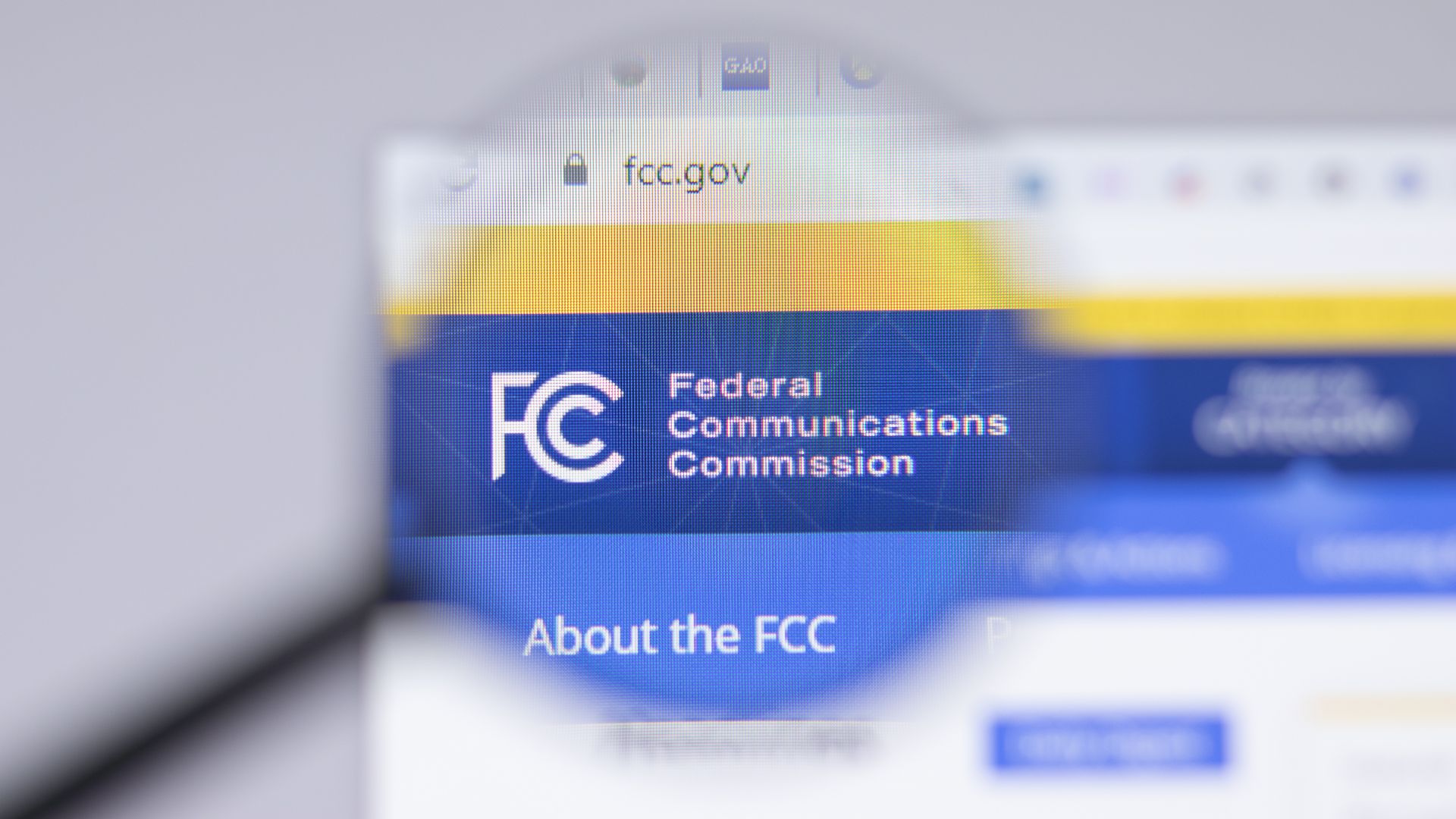
Federal Communications Commission (FCC) Commissioner Nathan Simington is leading a sweeping effort to eliminate decades-old broadcast regulations through a new deregulatory initiative known as “Delete, Delete, Delete.”
The initiative, launched in March, is aimed at identifying and eliminating legacy rules that Simington and FCC Chair Brendan Carr view as obsolete in the digital media era.
In an interview with the Daily Caller News Foundation, Simington described the agency’s current regulatory overhaul as a necessary step in modernizing the FCC’s framework.
Trump’s Sovereign Wealth Fund: What Could It Mean For Your Money?
He specifically cited broadcast media rules dating back to the Truman administration as a key focus of the initiative.
“Let’s talk about profane cows, because these are the ones that we’re lining up for the slaughterhouse,” Simington said.
“I think one of the prime areas of interest for ‘Delete, Delete, Delete’ should be our broadcast media regulations. These broadcast media regulations, in many cases, come — you were talking about the Truman administration — some of them are just that old. Others are from the 1970s. They’re from an era when broadcast media was the only form of telecom media that most people had access to. Obviously, that has changed radically.”
The FCC launched the initiative to invite public input on rules that could be repealed, encouraging citizens to submit suggestions on what they view as unnecessary or outdated regulations.
This Could Be the Most Important Video Gun Owners Watch All Year
The overall goal is to align FCC policies with the current media environment, which has shifted significantly with the rise of streaming services and digital platforms.
“In 2023, streaming subscriptions surpassed cable subscriptions in the United States, and broadcasters are not in the same kind of economic and cultural positions that they once were,” Simington said.
“So, the idea that [broadcasters] should still be as intensely regulated as they were during that era — even if you are a believer in media regulation, which I’m not, particularly — but even if you were, the argument isn’t there anymore. There really is no argument other than path dependence and historical practice.”
The effort includes a reevaluation of media ownership rules, operational restrictions, and longstanding reporting requirements.
According to Simington, unless a rule has been explicitly directed by Congress or backed by the White House, it is subject to elimination.
“I think we should take a hard look at every media ownership rule, at every operational restriction,” he said.
“And unless it’s something that’s been directly mandated by Congress, or where we have clear direction from the West Wing, that the president wants it to stay, we should consider deleting, deleting, deleting it.”
The FCC’s review may lead to major changes in how broad
cast companies operate, particularly as traditional media continues to compete with digital-first platforms.
The agency’s leadership believes that by removing outdated rules, broadcasters will have greater flexibility to innovate and adapt to the evolving media marketplace.
The initiative is part of a broader Trump-era regulatory philosophy that favors reducing federal oversight in industries where market conditions have dramatically changed.
Simington and Carr, both appointed during the Trump administration, have repeatedly emphasized the need to cut regulatory red tape that they argue no longer serves the public interest.
The FCC has not yet announced which specific rules are on the chopping block, but the agency is expected to release updates as it reviews submissions from the public and stakeholders.
The outcome could reshape the landscape of American media regulation, aligning it more closely with the realities of a streaming-dominated ecosystem.
Connect with Vetted Off-Duty Cops to Instantly Fulfill Your Security Needs
The opinions expressed by contributors and/or content partners are their own and do not necessarily reflect the views of LifeZette. Contact us for guidelines on submitting your own commentary.

![FCC Declares War on Outdated Media Rules, Legacy Media is Losing Its Grip [WATCH]](https://www.right2024.com/wp-content/uploads/2025/05/FCC-Declares-War-on-Outdated-Media-Rules-Legacy-Media-is-750x375.jpg)



![CNN’s Jennings Roasts Biden's 'The View' Interview Defenders, Calls Out Coming Meltdown [WATCH]](https://www.right2024.com/wp-content/uploads/2025/04/Scott-Jennings-Wrecks-Former-Hillary-Spokesperson-with-One-Question-on-350x250.jpg)
![Frontier Airline Agents Fired After Video Mocking Passenger on Camera Goes Viral [WATCH]](https://www.right2024.com/wp-content/uploads/2025/05/Frontier-Airline-Agents-Fired-After-Video-Mocking-Passenger-on-Camera-350x250.jpg)

![Stephen A. Smith Goes Ballistic on DeMS-13 Senator Van Hollen [WATCH]](https://www.right2024.com/wp-content/uploads/2025/05/Stephen-A-Smith-Goes-Ballistic-on-DeMS-13-Senator-Van-Hollen-350x250.jpg)

![Dem Rep Caught on Bodycam Physically Attacking Law Enforcement at ICE Detention Facility [WATCH]](https://www.right2024.com/wp-content/uploads/2025/05/Dem-Rep-Caught-on-Bodycam-Physically-Attacking-Law-Enforcement-at-350x250.jpg)
![Minnesota Officials Panicking Over Derek Chauvin Pardon Speculation, Potential Unrest [WATCH]](https://www.right2024.com/wp-content/uploads/2025/05/Minnesota-Officials-Panicking-Over-Derek-Chauvin-Pardon-Speculation-Potential-Unrest-350x250.jpg)



